Coronavirus Explained: What Is mRNA COVID-19 Vaccine Technology?
Countries across the globe have started coronavirus vaccination programme in a fight against the COVID-19 disease caused by SARS-CoV-2. On December 11, 2020, the U.S. Food and Drug Administration issued the first emergency use authorisation to Pfizer-BioNTech's COVID-19 vaccine for its use in the U.S. among individuals who are 16 years of age and older. Soon Pfizer-BioNTech's COVID-19 was rolled out in the United Kingdom (U.K.), Canada and several mainland European countries. India too initiated its coronavirus vaccination drive on January 16 with restricted emergency use provided to Covishield and Covaxin. Though all vaccines aim at providing immunity from the Novel Coronavirus, they are developed differently. For example, Pfizer-BioNTech's BNT162b2 and Moderna's mRNA-1273 use the genetic approach and have developed mRNA (messenger-RNA) vaccines. But what is an mRNA vaccine? NDTV spoke to experts to find out.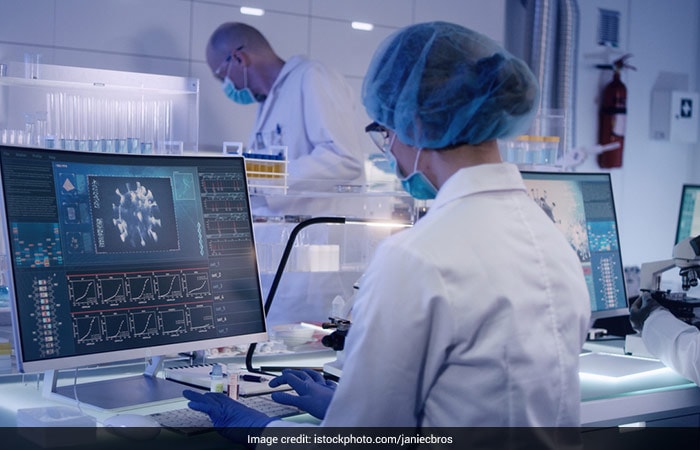
What Are mRNA Vaccines And How Do These Work?
To trigger an immune response, many vaccines put a weakened or inactivated virus into our bodies but mRNA vaccines do not work like that. Instead, mRNA vaccines use specific parts of the infectious agent like its protein, sugar, or coating.
mRNA or messenger-RNA vaccine gives a message to our cells to make a protein or even just a piece of a protein which are like those of the SARS-CoV-2 virus. The protein then triggers an immune response inside our bodies. That immune response, which produces antibodies, is what protects us from getting infected if the real virus enters our bodies.
These vaccines are manufactured in a completely synthetic manner.
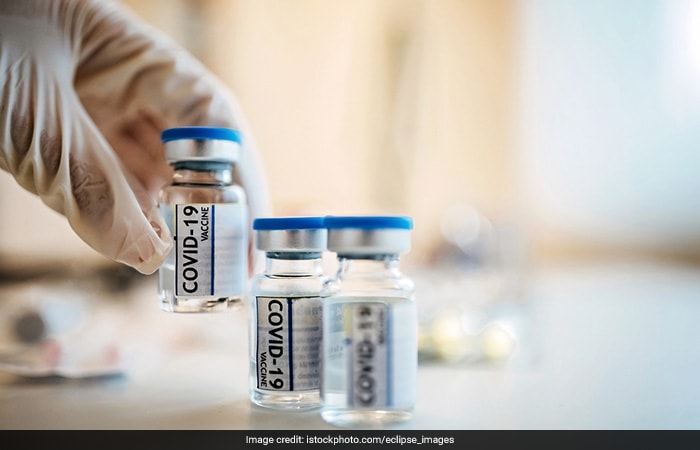
How Safe And Efficacious Are mRNA Vaccines?
mRNA vaccines being produced by Pfizer-BioNTech and Moderna have undergone the same set of clinical trials as other COVID-19 vaccine candidates. Trial results and efficacy analysis demonstrates Pfizer's BNT162b2 to be 95 per cent effective against COVID-19. Moderna's COVID-19 vaccine is also claimed to be 94.1 per cent effective.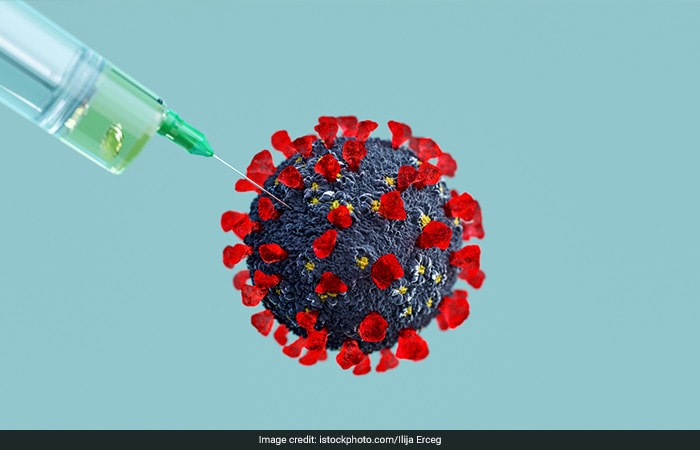
How Are Oxford-AstraZeneca's Covishield And Bharat Biotech's Covaxin Different From mRNA Vaccines?
The Coronavirus vaccine developed by Oxford-AstraZeneca is called ChAdOx1 nCoV-19 or AZD1222 or Covishield in India. The ChAdOx1 vaccine uses a chimpanzee adenovirus. This is a harmless, weakened adenovirus that usually causes the common cold in chimpanzees. It is altered to use the blueprint of COVID-19 and because it looks like Coronavirus, the body's immune system then begins to produce immune response. On the other hand, Bharat Biotech's Covaxin is an inactivated vaccine. As part of the process, disease carrying virus, in the case of COVID-19 it is SARS-CoV-2, is inactivated or killed and then injected.
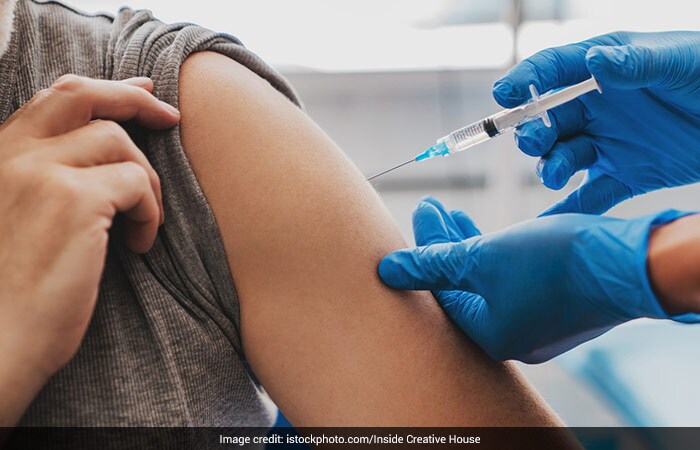
How Many Shots Of mRNA Vaccines Are Required?
Currently, both available mRNA vaccines are two dose vaccines. The second shot is given three to four weeks from the first shot. The first shot gives some immunity; the second shot is a booster dose. According to the experts, it is important to stick to the vaccine schedule.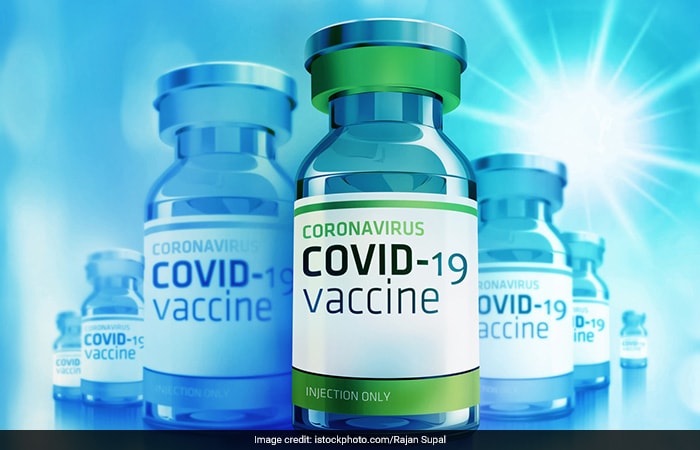
What Are The Pros Of mRNA Vaccines?
According to Dr Rajesh Parikh, Director, Medical Research at Jaslok Hospital and the author of ?The Vaccine Book for COVID-19', mRNA is a novel technology and it's very safe and efficacious. Adding to this, Dr Harsh Mahajan, Founder Of Mahajan Imaging and Chairman of CARINGdx, said, since mRNA vaccines are developed in a synthetic manner, there is no limitation to the number of vaccines we can manufacture.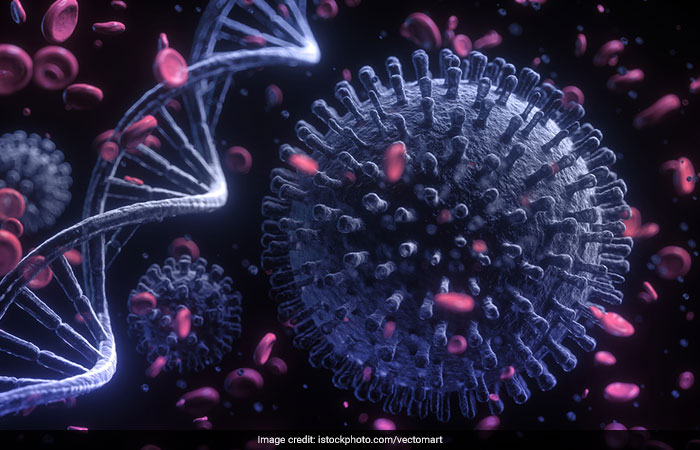
What Are The Cons Of mRNA Vaccines?
Dr Harsh Mahajan said that currently, these vaccines are expensive. Secondly, they need to be stored at an extremely cold temperature like Pfizer's vaccine requires ultra-cold chain and needs to be preserved at -70 degrees Celsius. Similarly, Moderna's vaccine needs to be frozen between -25�C to -15�C temperature.
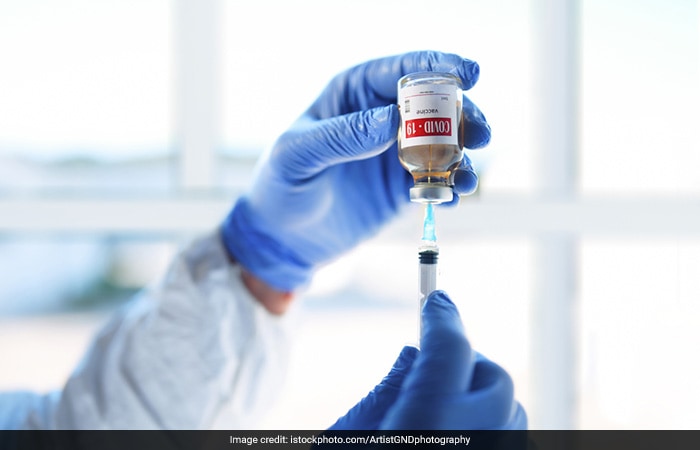
Do We Have mRNA Vaccines For Any Other Disease?
According to the World Health Organisation (WHO), the mRNA vaccine approach is a new way of developing vaccines. Before the COVID-19 pandemic, none had yet been through the full approvals process for use in humans, though some DNA vaccines, including for particular cancers, were undergoing human trials, reads the WHO's explainer on vaccine development and distribution.















